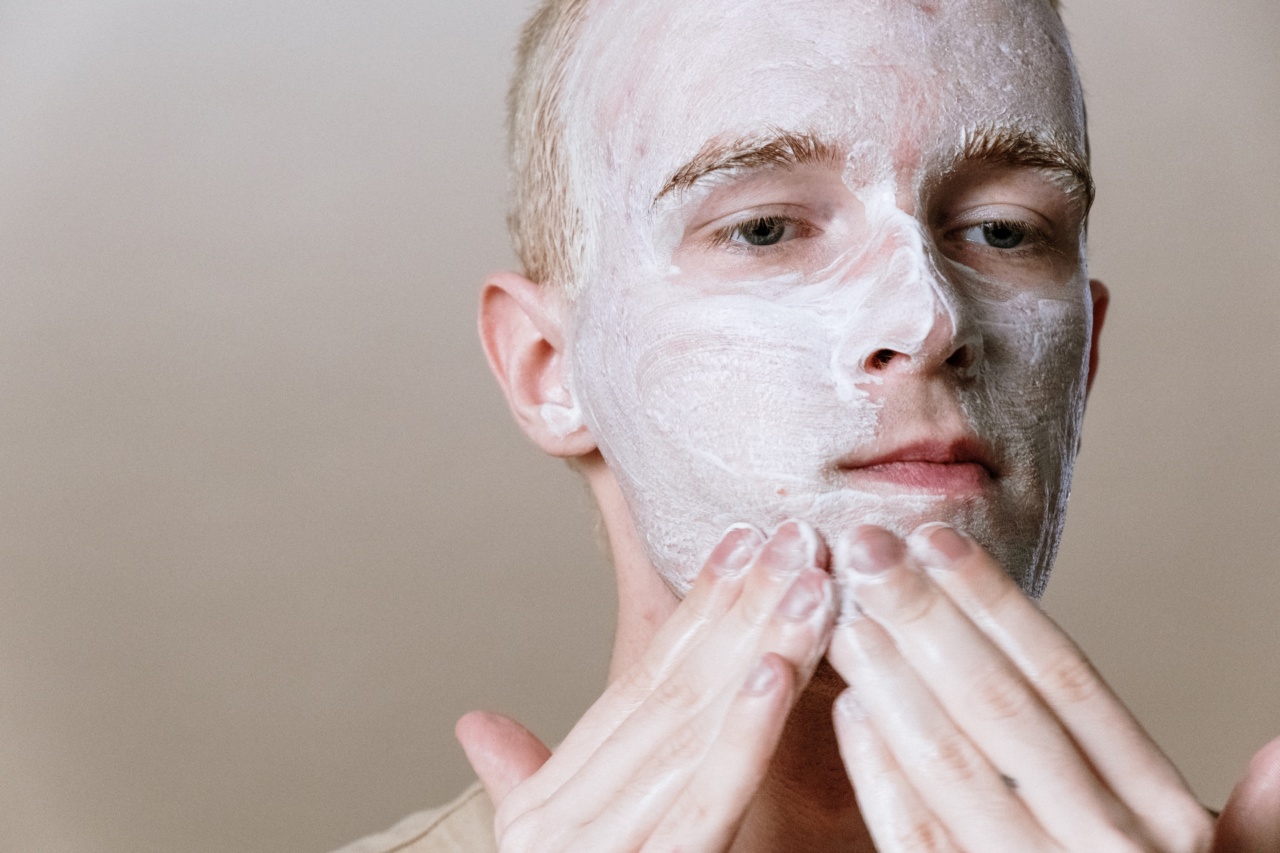Acne is a common skin condition that affects millions of people worldwide. It is characterized by the formation of pimples, blackheads, whiteheads, and cysts on the face, back, chest, and shoulders.
While acne is often associated with adolescence, it can persist or recur in adulthood, leading to frustration and distress. Recurring acne refers to the condition where acne continues to appear even after successful treatment or during certain periods.
The Causes of Recurring Acne
Recurring acne can have several underlying causes. Understanding these causes is crucial in developing an effective treatment plan and managing the condition.
1. Hormonal Imbalances
Hormonal imbalances, particularly an excess of androgens (male hormones), can contribute to recurring acne. Androgens stimulate the production of sebum, an oily substance that helps moisturize the skin.
However, excessive sebum production can clog pores, leading to acne breakouts. Hormonal imbalances can occur during puberty, menstruation, pregnancy, or due to certain medical conditions.
2. Genetics
Genetics play a significant role in acne development and recurrence. If your parents or siblings have a history of acne, you are more likely to experience recurring acne.
Certain genes can influence sebum production, the ability to heal damaged skin, and inflammatory responses, making some individuals more prone to acne breakouts.
3. Poor Skincare Routine
A lack of proper skincare can contribute to recurring acne. Failing to cleanse the skin regularly or using harsh products can irritate the skin and trigger breakouts.
Additionally, not removing makeup before sleeping can clog pores, trapping dirt and bacteria, and increasing the risk of acne recurrence.
4. Dietary Factors
While the relationship between diet and acne is still a topic of ongoing research, certain dietary factors may influence acne recurrence.
Consuming a high-glycemic diet, which includes sugary foods, refined carbohydrates, and processed snacks, can increase insulin levels, leading to increased sebum production and inflammation. Dairy products and foods rich in saturated fats have also been linked to acne flare-ups in some individuals.
5. Stress
Stress can exacerbate acne and contribute to its recurrence. When you’re stressed, your body releases stress hormones like cortisol, which can stimulate sebum production and trigger inflammation.
Additionally, stress can disrupt your regular skincare routine or lead to unhealthy habits like touching your face frequently, further aggravating acne symptoms.
6. Medications
Certain medications can induce or worsen acne breakouts, causing recurring acne. Examples include corticosteroids, antidepressants, anticonvulsants, and some contraceptive pills.
These medications can affect hormone levels or interfere with the normal functioning of the skin, contributing to acne formation.
7. Environmental Factors
Environmental factors can also play a role in recurring acne. Exposure to pollutants, high humidity, and certain chemicals found in beauty products or household items can irritate the skin and trigger acne breakouts.
Additionally, using greasy or pore-clogging products on the skin can worsen acne symptoms.
8. Incorrect Treatment Approach
Attempting to self-treat acne without proper guidance can lead to recurring acne.
Using abrasive scrubs, aggressive exfoliants, or overusing topical medications can strip the skin of its natural moisture, disrupt its barrier function, and trigger rebound oil production. Consulting a dermatologist or skincare professional is essential to develop a suitable treatment plan.
9. Hormonal Changes in Women
For women, recurring acne can be linked to hormonal changes during the menstrual cycle, pregnancy, or menopause.
Fluctuations in hormone levels can cause acne breakouts, and understanding the pattern of these hormonal changes is helpful in managing and preventing acne recurrence.
10. Underlying Medical Conditions
In some cases, recurring acne can be a symptom of an underlying medical condition. Polycystic ovary syndrome (PCOS), a hormonal disorder, is often associated with persistent acne.
Other conditions that can contribute to acne breakouts include Cushing’s syndrome, adrenal disorders, and certain hormonal tumors.
Managing Recurring Acne
Managing recurrent acne involves a comprehensive approach that addresses the underlying causes and includes appropriate lifestyle changes and skincare habits.
It is essential to consult with a dermatologist or skincare professional to develop an individualized treatment plan. Treatment options may include:.
1. Topical Medications
Topical medications containing ingredients like benzoyl peroxide, retinoids, salicylic acid, or antibiotics can help treat acne and prevent its recurrence.
These medications work by reducing inflammation, unclogging pores, and controlling bacterial growth.
2. Oral Medications
In cases of moderate to severe acne, oral medications like antibiotics, hormonal contraceptives, or isotretinoin (a powerful medication derived from vitamin A) may be prescribed to target acne-causing bacteria, regulate hormonal imbalances, or reduce sebum production.
3. Hormonal Therapy
For women with recurring acne associated with hormonal fluctuations, hormonal therapy may be recommended. This can involve the use of specific contraceptive pills or other medications that regulate hormone levels and reduce acne symptoms.
4. Chemical Peels
Chemical peels containing salicylic acid, glycolic acid, or other exfoliating agents can help unclog pores, reduce inflammation, and stimulate skin cell turnover. Regular peels can improve acne symptoms and prevent recurrences.
5. Lifestyle Modifications
Adopting a healthy lifestyle can contribute to managing recurring acne. This includes practicing good skincare habits, avoiding harsh products, cleansing the face twice daily, and removing makeup before bed.
Maintaining a balanced diet rich in fruits, vegetables, whole grains, and lean proteins can also support overall skin health.
6. Stress Management
Implementing stress-management techniques such as regular exercise, meditation, deep breathing exercises, and getting enough sleep can help reduce stress levels and minimize the impact on acne.
7. Regular Dermatologist Visits
Regular visits to a dermatologist are crucial for monitoring progress, adjusting treatment plans, and addressing any concerns or questions. A dermatologist can provide professional guidance and support throughout the journey of managing recurring acne.
Conclusion
Recurring acne can be caused by a combination of factors, including hormonal imbalances, genetics, poor skincare habits, diet, stress, medications, environmental factors, and underlying medical conditions.
Understanding the causes is vital in developing an effective treatment plan. With proper skincare, lifestyle modifications, and professional guidance, recurring acne can be effectively managed, reducing its impact on physical appearance and improving overall well-being.































